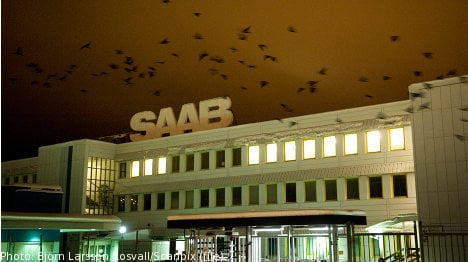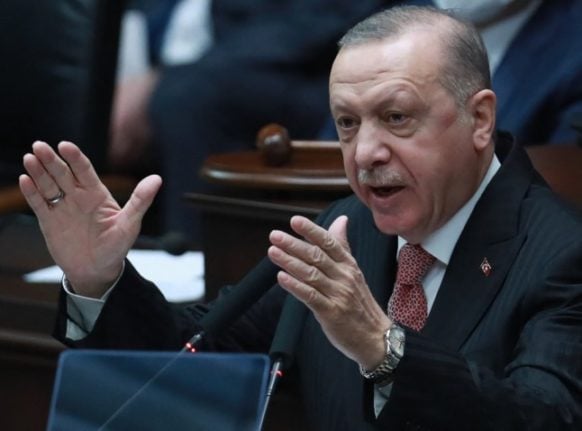“We have withdrawn the bid… We cannot continue due to GM’s attitude,” Brightwell Holdings board member and spokesman Zamier Ahmed told financial daily Dagens Industri (DI).
Ahmed told AFP last month the private equity firm was planning a bid to purchase all of the Swedish carmaker that filed for bankruptcy on December 19th, and according to DI the plan had been to rehire most of Saab’s old employees.
But Ahmed said that talks late on Monday had faltered with GM, which has blocked previous attempts to sell the carmaker by refusing to transfer the necessary technology licences.
GM first bought 50 percent of Saab in 1990 and fully owned it from 2000 until it sold the Swedish brand already on the brink of bankruptcy to Dutch carmaker Spyker — now called Swedish Automobile — in early 2010.
Saab administrator Hans Bergqvist reiterated during a telephone conference on Tuesday that a number of “indicative bids” had come in for the bankrupt company, both from abroad and from within Sweden, but would not comment on where the bids came from or whether any potential bidders had pulled out.
Bergqvist, who had previously said there were as many as seven interested parties, would not provide numbers Tuesday but said said new parties had voiced interest for Saab over the past week.
Chinese carmaker Youngman, which had been negotiating to buy Saab before it filed for bankruptcy and which has continued to express interest in the company, meanwhile confirmed to public broadcaster SVT that it had placed a preliminary bid for all of Saab of about two billion kronor ($298 million).
Reports have also surfaced that Indian commercial utility vehicles manufacturer Mahindra and Mahindra has placed a bid as well.



 Please whitelist us to continue reading.
Please whitelist us to continue reading.
Member comments